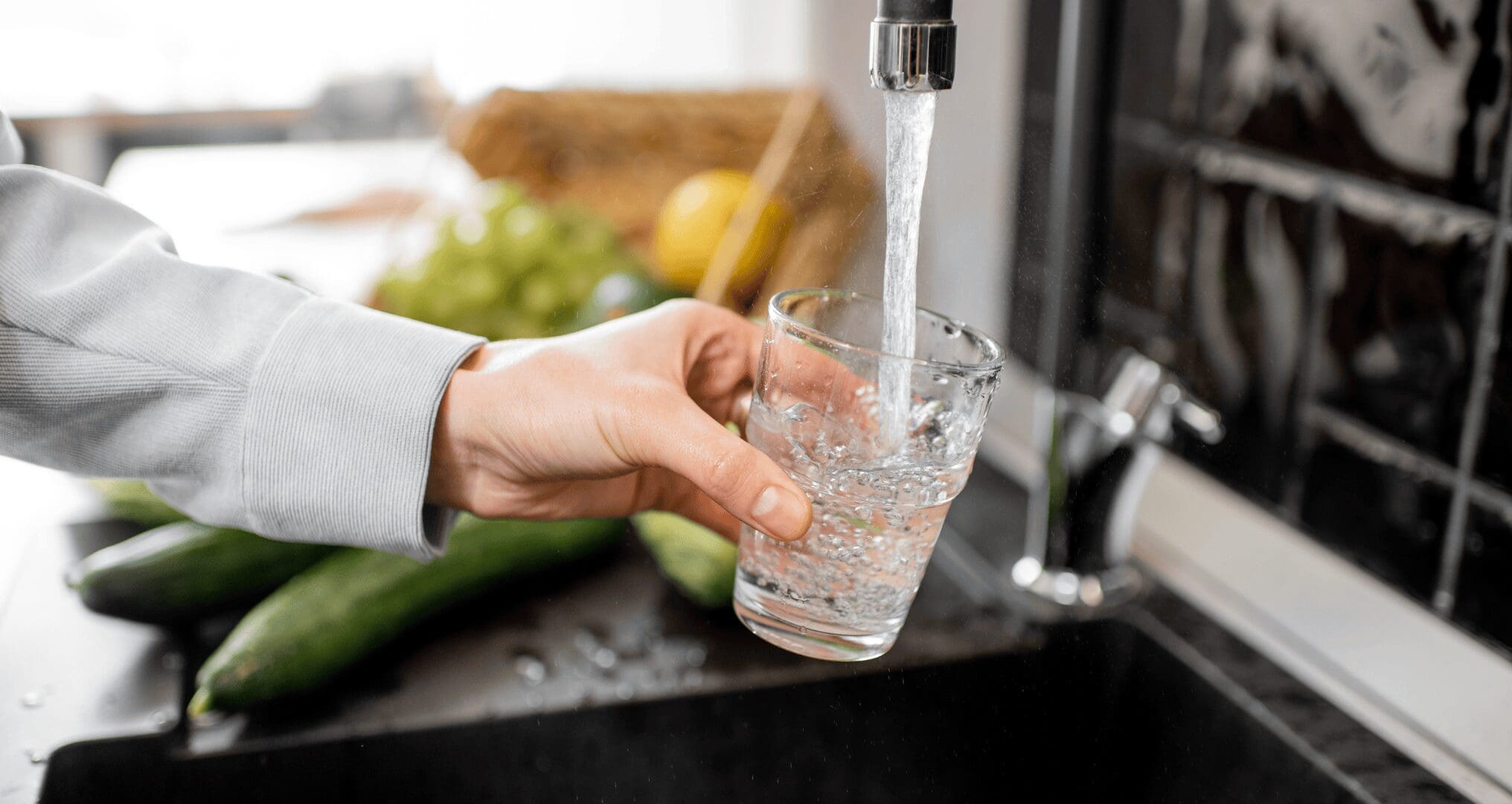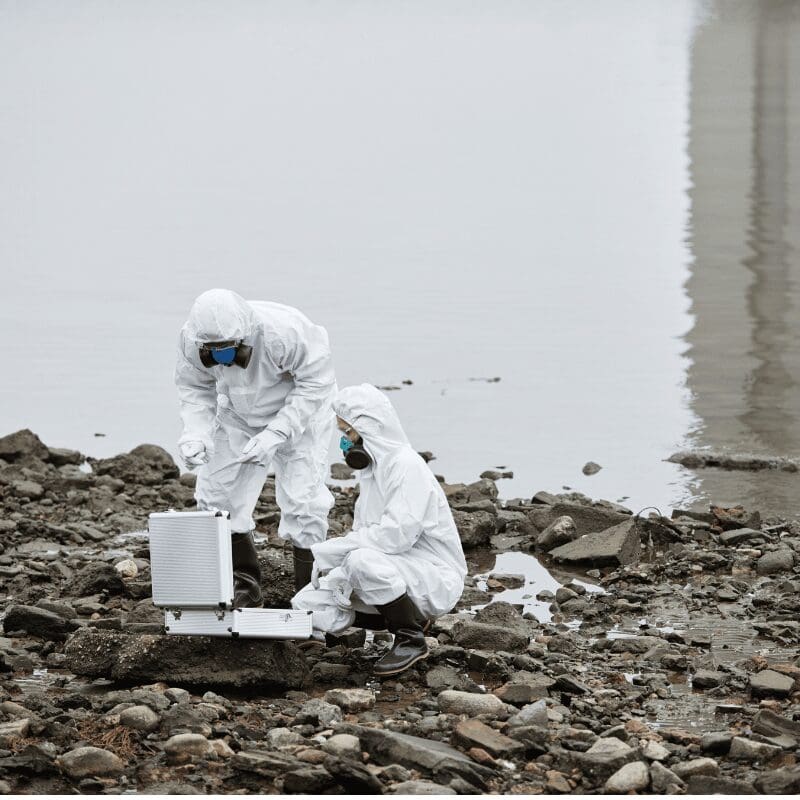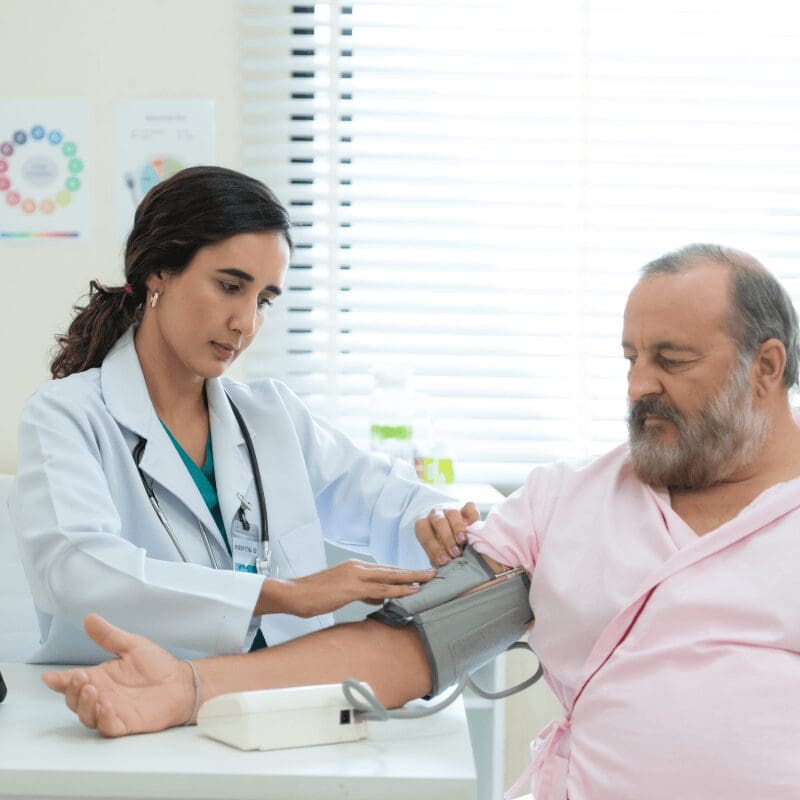5 Steps to Take if You Drink Contaminated Water

Water is essential for human survival. Yet, despite the importance of this life-giving resource, we sometimes forget that not all water is safe to drink. Unknowingly consuming contaminated water can have severe health consequences, from mild stomach upset to life-threatening illnesses. As per EPA regulations, water is considered safe if it meets certain drinking water standards. Unfortunately, the sources of water around Cleveland, Ohio, are often contaminated with various pollutants, including chemicals, bacteria, and heavy metals, leaving many residents ill with both short-term and long-term illnesses.
As a responsible business owner in the area, you understand the value and importance of providing your teams with access to clean, pure drinking water. But what happens when your staff unknowingly drinks contaminated water? Office H2O is here with the right steps to take should this happen in your workplace.
Understanding Water Contamination in Municipal Areas
Water contamination is a significant issue in many municipal areas, including Cleveland. It typically occurs when harmful substances enter a water supply, making it unsafe for consumption. The sources of contamination can be varied and complex, often due to the interplay of several factors.

- Industrial Pollution: Industrial establishments often produce waste products that may contain harmful chemicals. If not properly managed, these chemicals can seep into the groundwater or enter the local water supply through accidental spills or deliberate dumping. In many industrial cities like Cleveland, this industrial waste can be a significant source of water pollution.
- Aging Infrastructure: Over time, water delivery systems can degrade, with older pipes often constructed from materials that can leach harmful substances into the water. Lead, for instance, was widely used in plumbing until the late 20th century and can be a significant health risk if ingested.
- Agricultural Runoff: Areas surrounding a city that engage in farming can contribute to water contamination. Pesticides, fertilizers, and animal waste used in farming can run off into nearby water sources, especially during heavy rains. These substances can then infiltrate the water supply, posing a risk to human health.
- Poor Sewage Systems: Inadequate sewage systems can lead to the contamination of water supplies. If sewage systems are damaged or overwhelmed, untreated waste can leak into groundwater or surface water sources.
5 Steps to Take if You Consume Contaminated Water
1. Understand the Source of Contamination
The first step to take if you drink contaminated water is to determine the source of contamination. The contaminants can be toxic and harmful, leading to severe health issues. Therefore, it is crucial to understand the source of the contamination to prevent future exposure.
Gaining a comprehensive understanding of the source of water contamination in your workplace goes beyond simply identifying the problem; it also involves conducting an in-depth analysis of your entire water supply chain. This process could involve engaging environmental experts to perform water testing or audits on your premises. A thorough investigation might reveal contamination sources such as leaks from industrial waste, poor sewage systems, or even the plumbing within your own building. The use of old pipes, for example, can lead to the leaching of heavy metals into the water supply. By identifying these potential pitfalls, you can take remedial action to ensure a safer, healthier drinking water source for your team.
2. Contact Local Authorities
If you suspect or confirm that your drinking water is contaminated, you must immediately contact the local authorities responsible for the water source. The authorities will investigate the cause of contamination and inform you of any steps you should take to decrease the risk of potential health problems. You should also contact any of your local businesses to inform them of a possible contamination or leak in shared water sources. Doing so not only makes you a good neighbor but can further help identify how widespread the contamination is.
3. Seek Medical Attention
While waiting for the local authorities to investigate, if any of your employees show signs of illness that you suspect might be due to water contamination, it’s crucial to seek immediate medical attention. Symptoms can range from mild discomfort, such as nausea or diarrhea, to more severe manifestations, like vomiting, stomach cramps, or even signs of long-term conditions related to heavy metal ingestion. Ensure your team has access to appropriate medical help and that they’re aware of the potential source of their health issues.

4. Communicate Transparently
Transparency is essential in such situations. Keep your staff informed about the situation and the steps you’re taking to resolve it. Make sure they’re aware of the potential health risks and what symptoms to watch out for. Open lines of communication can help alleviate anxiety and confusion during such times.
By promptly understanding the source of contamination, contacting local authorities, seeking immediate medical attention, implementing temporary safety measures, and maintaining open and transparent communication, you can effectively manage the situation and ensure the safety of your staff.
5. Trust Your Bottleless Water Cooler
If you have a bottleless water cooler from Office H2O installed in your Cleveland office, then you shouldn’t have much to worry about. Still, if a possible contamination to your tap water source is of concern, let our team know! We’ll gladly come out and test the water coming from your cooler, giving you peace of mind that it’s safe to drink, despite any contamination in municipal sources.
However, if you don’t have a bottleless water cooler from us, then might we suggest we change that? Our water coolers house state-of-the-art filtration systems that eliminate up to 99% of water impurities, including most of which are commonly found in Cleveland’s water. There’s a reason 600K+ trust us across the Midwest: you should, too!
We Provide Drinking Water That’s Always Safe
Exposure to contaminated water can have severe health consequences, especially in the workplace. So, why even put you and your staff at risk? With Office H2O, you can avoid ever needing to implement these steps. Our bottleless water and ice machines are built to provide you with a steady stream of pure, clean drinking water. So, don’t wait until a contamination event occurs! Get your free 7-day trial started today.
